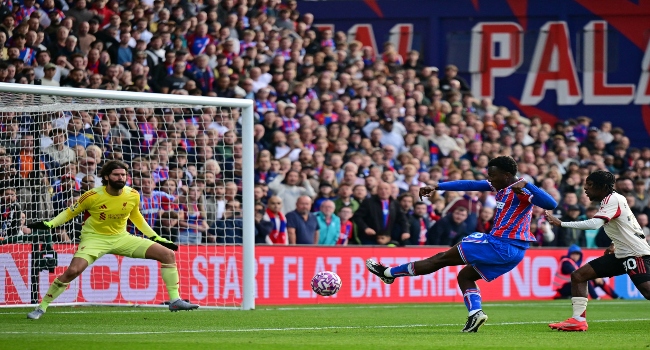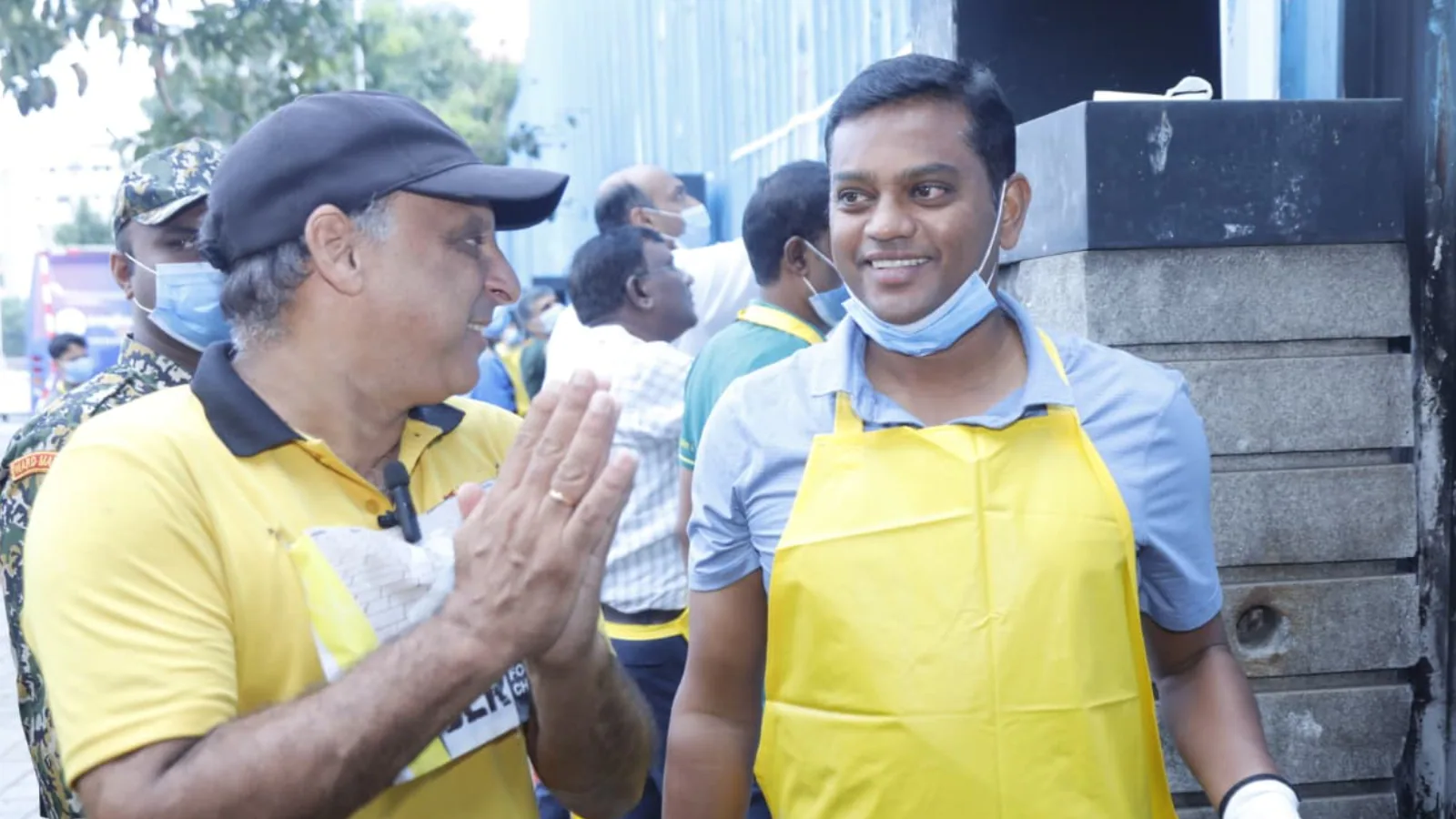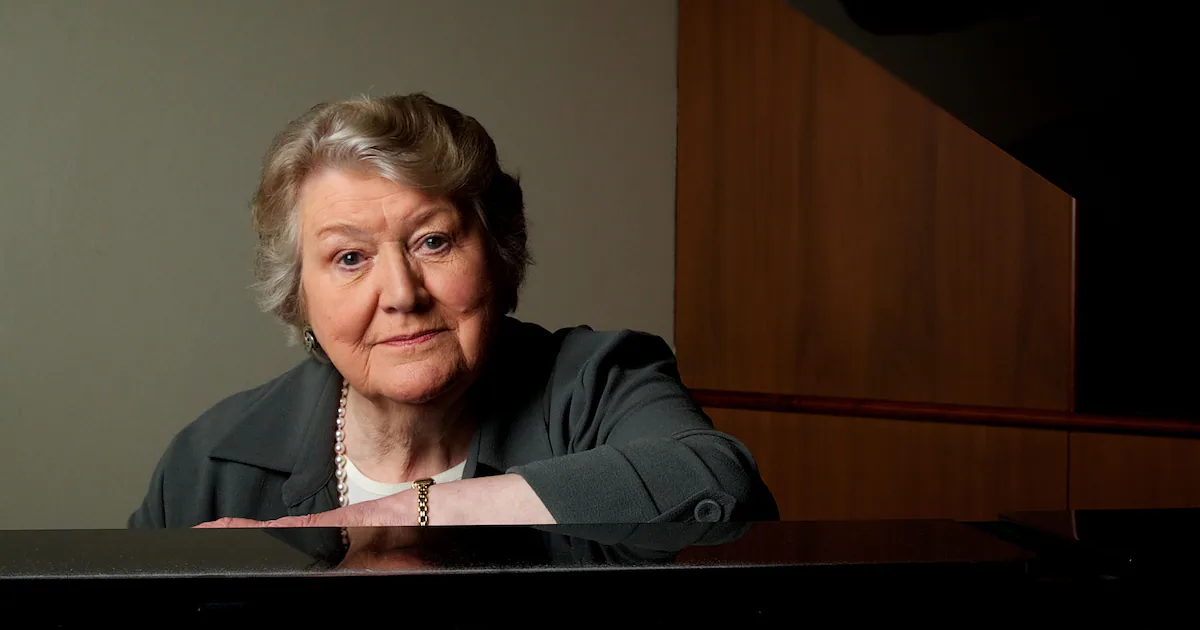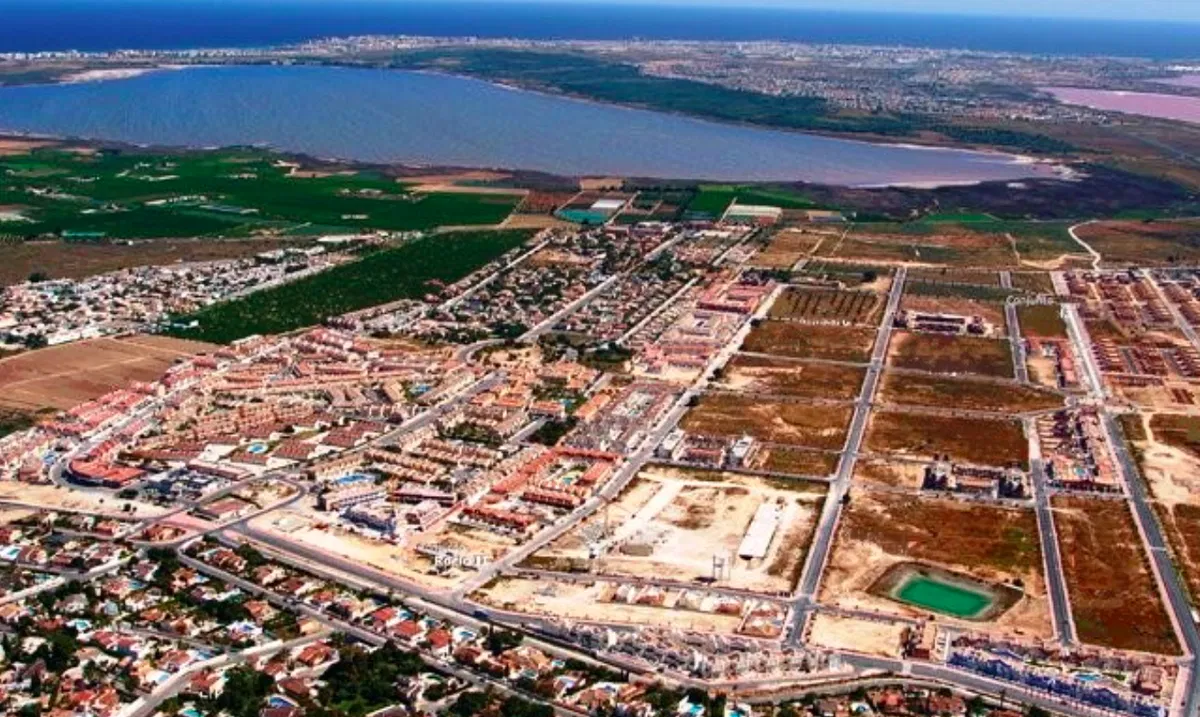By Biman Mukherji
Copyright scmp
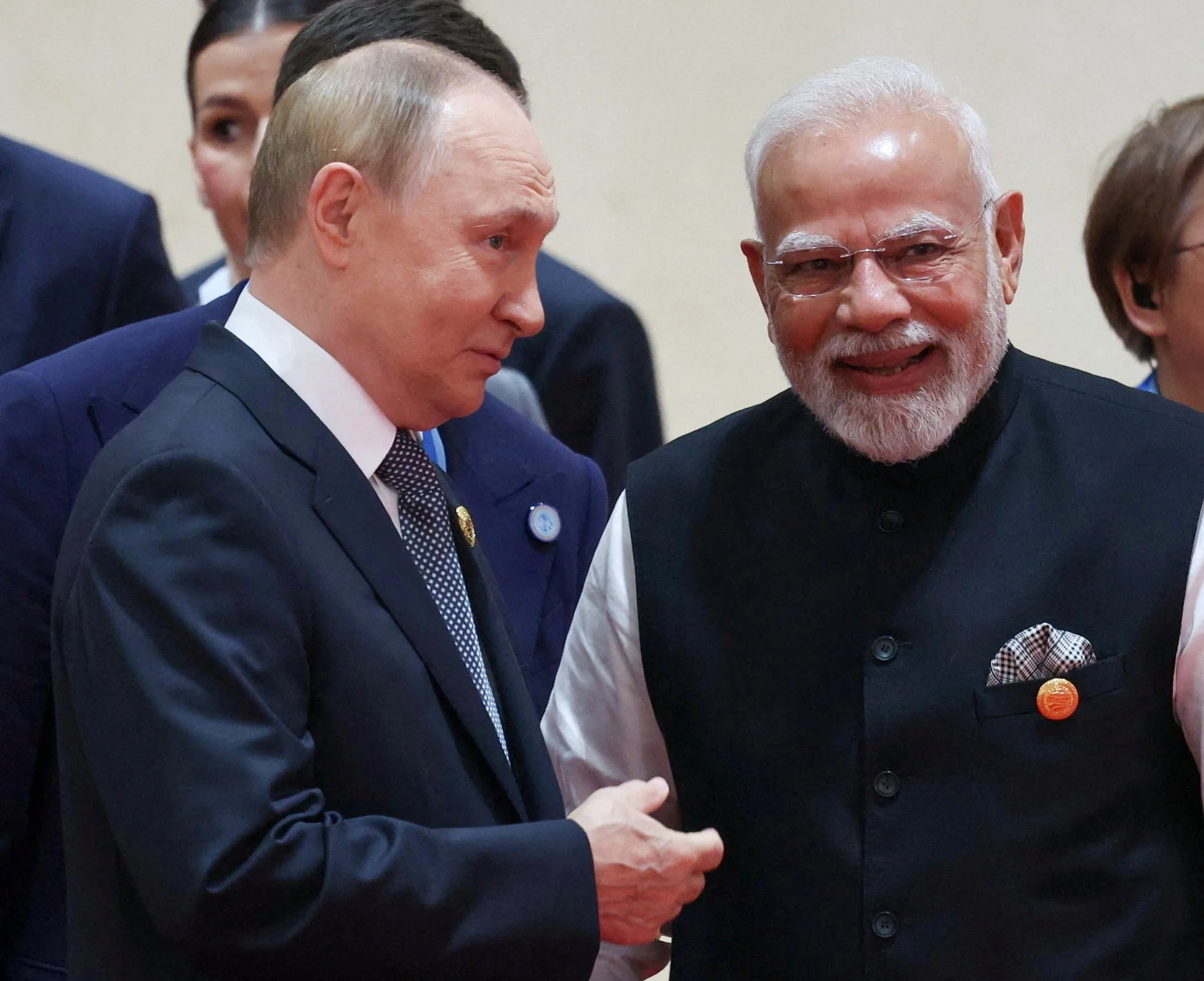
Russian President Vladimir Putin is expected to visit India in December, a trip that could test New Delhi’s delicate balancing act between Moscow and Washington amid escalating pressure from the United States over oil and weapons purchases from the sanctioned country.
Analysts say the visit is likely to deepen India’s defiance of Western demands as it strengthens energy and defence ties with Russia. But it could also complicate Delhi’s strategic ambitions – including a potential trade deal with the US – as Washington grows impatient with nations seen as undermining its sanctions regime.
Moscow has already confirmed that preparations are under way.
“Yes, we have finalised the time frame for [the] India visit of the president. It would take place before the new year sets in,” Kremlin spokesman Dmitry Peskov told Russian media on Thursday.
The Indian government has yet to officially confirm the visit.
Russian Foreign Minister Sergey Lavrov is scheduled to travel to India next month to finalise details of the trip, according to local media reports.
The visit comes amid the backdrop of India-US trade tensions since President Donald Trump enacted a 50 per cent import tariff on the nation in August, doubling a 25 per cent levy as a penalty for Delhi buying sanctioned Russian oil.
Delhi’s purchases of Russian arms have also been a point of contention in America.
“President Putin’s visit is expected to reinforce India’s commitment to securing its energy needs through diversified and affordable sources, including continued purchases of discounted Russian crude oil despite Western sanctions,” Srikumar Menon, a former Indian ambassador and retired career diplomat, told This Week in Asia.
“The visit underscores the strength of the India-Russia strategic partnership and both countries’ shared resolve to resist external pressure,” he said.
India has been one of the biggest buyers of discounted Russian oil since the start of Moscow’s war with Ukraine in February 2022. Delhi has maintained its purchases despite Western pressure, citing national interest for its oil-import dependent economy.
Putin and Indian Prime Minister Narendra Modi met on the sidelines of the Shanghai Cooperation Organisation summit in China’s Tianjin, held between August 31 and September 1.
For India, buying Russian oil reflected its pursuit of “strategic autonomy” for energy security “while reducing over-dependence on Western suppliers”, Menon said.
However, deepening Russia ties would present challenges for India’s relationship with the US, particularly in light of the Trump administration’s punitive tariffs on Delhi, he added.
Two-way trade between India and Russia touched a record high of US$68.7 billion in 2024-25, mainly on the back of Delhi’s purchases of discounted Russian crude, though Indian exports were worth only US$4.88 billion.
The implications of Putin’s visit to India could go beyond bilateral trade.
Trump had been trying to engage with Putin to end the war with Ukraine, but “his patience has now run out”, said Christopher Blackburn, a British political and security analyst.
“If Putin uses the visit to show he’s not isolated, it will be problematic for India. The US won’t like it. They will respond.”
Analysts note that India may seek a middle-of-the-road approach with Russia as it navigates negotiations for a trade deal with the US amid recent tensions.
Such a deal is likely to entail expectations about India buying oil and gas from the US, according to Uday Chandra, a political scientist at Georgetown University in Qatar.
“But beyond the trade deal itself, there may be expectations conveyed to the Indian side in case sanctions on Russia continue into 2026,” he said.
The US has imposed a direct import ban on Russian oil and has levied wide-ranging sanctions targeting its broader energy sector and oil trade, which has been expanded and intensified.
While India-US ties remain “sticky”, Delhi has been trying to achieve a balance to avoid an outright rupture, according to Srinivasan Balakrishnan, an analyst with Indic Researchers Forum.
Nonetheless, analysts predict that India is likely to discuss buying more Russian arms with Putin because they played a critical role for the country in warding off drone and missile attacks during its clash with Pakistan in May.
The Print, a prominent Indian online newspaper, reported on Monday that India was considering buying more of Russia’s S-400 Triumf missile systems or potentially the latest S-500 to boost its air defence.
Under a contract signed in 2018, India had acquired five S-400 systems, with the option of buying five more at the same price.
Former Indian navy rear admiral Girish Kumar Garg said buying more S-400 or S-500 air defence systems could be on the table.
“India-Russia defence ties have traditionally been very strong, as evident from the large inventory of Russian equipment, weapons and sensors in the Indian Armed Forces. The visit will add to this cooperation,” he said.
More than half of India’s weapons and defence equipment are of Russian origin, though Delhi has in recent years started to diversify its arms sources.
Garg said a key item on the agenda during Putin’s visit could be a possible joint development of a Su-57 fighter aircraft.
Other deals could include the acquisition of a medium transport aircraft and development of an Advanced Medium Combat Aircraft, India’s first fifth-generation stealth fighter, which might see “a pro-Russian fillip”, he added.
